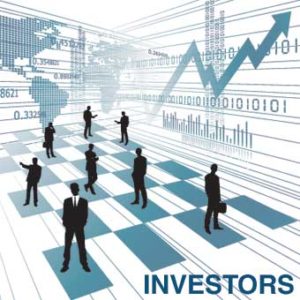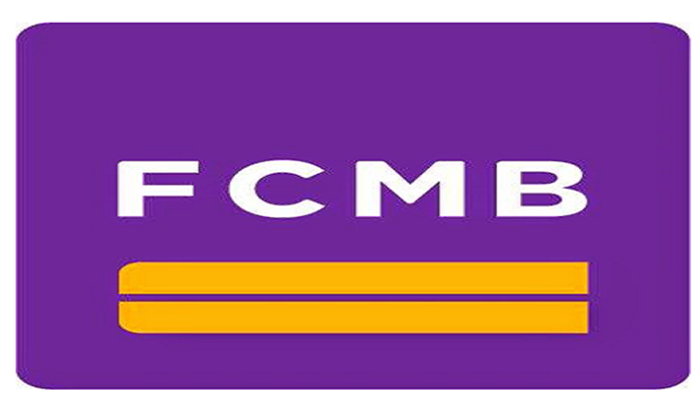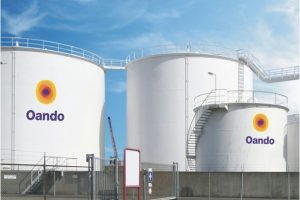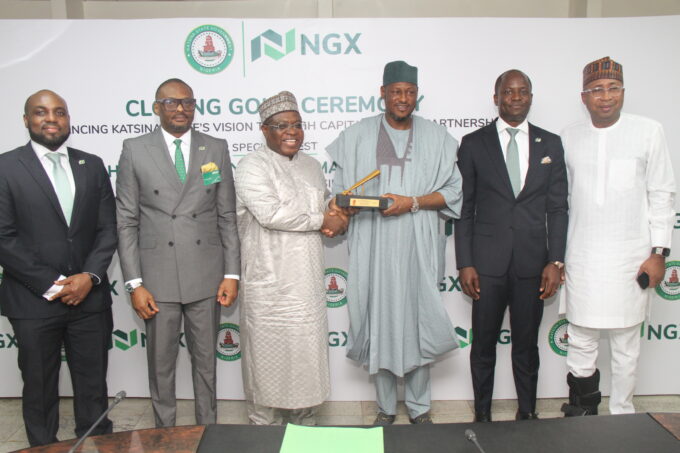Both local and foreign investors on the Nigerian Exchange Limited (NGX) traded N485.4billion worth of equities in the second quarter (Q2) of 2022.
This is an increase of 40.11per cent when compared to N346.43 billion traded in the first quarter (Q1) of 2022.
A data by the bourse noted that the growth in value of equities market traded also reflected in volume as it gained 143.83per cent to 54.27billion in Q2, 2022 from 22.26billion reported in Q1 2022, while deals on the bourse rose by 8.5 per cent to 320,778 in Q2 2022 from 295,533 reported by the NGX for Q1 2022.
The equities market segment of the NGX in 2022 has witnessed positive sentiment trading by investors paticipation in listed fundamental stocks, leading to the market capitalisation closing Q2 2022 at N27.94trillion from N25.31trillion it closed in Q1 2022.
Consequently, the NGX All-Share Index appreciated by 10.3 per cent to 51,817.59 basis points in Q2 2022 from 46,965.48 basis points in Q1 2022.
The data disclosed that value of Fixed Income traded rose by 38.7 per cent to N1.01trillion in Q2 2022 from N728.9billion reported in Q1 2022.
According to the data by the NGX, volume of fixed income traded moved to 972,206.00 in Q2 2022 from 688,564 reported in Q1 2022.
In addition, the market capitalisation of fixed income moved from N21.42trillion in Q1 2021 to N22.23trillion in Q2 2022.
The CEO, Wyoming Capital & Partners, Mr. Tajudeen Olayinka noted that improved liquidity in the system in the last six months responsible for the positive performance of Nigerian stock market.
Other factors driving liquidity in the equities market he added are, “instant payment of dividends to shareholders through electronic means (e-dividend), provides opportunities for immediate reinvestment of these dividends, especially by institutional investors, who manage funds and portfolios for clients. This did not leave out other traditional investors, who took advantage of low prices, in the run-up to financial year-end rallies that we saw at the beginning of year 2022.
“Negative real return in the fixed income market and the need to hedge against inflation. Equity market is an inflation adjusting market, and so, some investors who were willing to hedge against inflation, irrespective of the downside risk that the market poses, decided to bring liquidity back to equity market.
“The ongoing crash in the crypto market brought liquidity back to equity market. It has been said that more Nigerian investors participate actively in the crypto space, and so, the sudden, though long expected crash in that market, made some affected Nigerian investors cut their losses, for less volatile and recoverable opportunities in the equity market.
“Availability of derivative products is encouraging more institutional investors to embrace equity market. Investors can now short or long the market at ease. All these activities provide liquidity to the market.”














